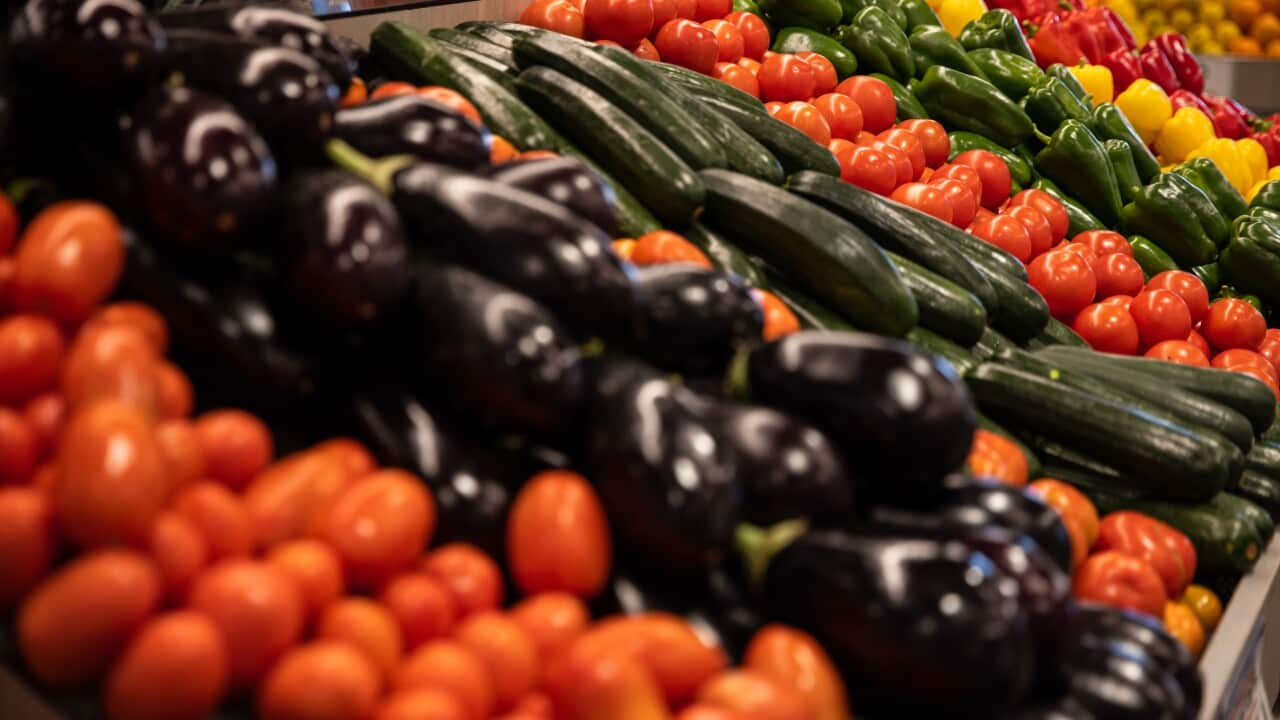The price of grocery staples in regional and remote communities will be reduced in line with metropolitan areas under a new plan from the federal government.
The initiative, which forms part of the government’s annual Closing the Gap statement, means Indigenous communities paying more for 30 key items such as flour, milk, rice, cereal, canned meals, fresh fruit, toiletries, and baby formula will have prices capped.
The policy will ensure prices in more than 76 remote stores are the same as what consumers would pay in the city.
Indigenous Australians Minister Malarndirri McCarthy said it was about reducing the cost of living issues for regional-based Australians.
The policy would also help address health issues among some communities, she said.
“We’re looking at the fact that we have high rates of kidney disease, rheumatic fever, we have high diabetes,” McCarthy told ABC radio on Monday.
“What we want to see is food products that actually assist as well in healthy living … nutrition-filled foods.
“We have a long way to go … in terms of trying to improve the healthy lives of First Nations people.”
There were a range of issues that forced prices higher, she said, including extreme weather cutting off roads and transportation routes.
Consumer advocacy group Choice last year found people in Western Australia than in other states and territories.
The latest grocery prices report from the Northern Territory government found that in 2023, the average basket of groceries cost 26 per cent more in remote stores.
A healthy basket of goods that fits the government’s guidelines costs 40 per cent more in remote stores than supermarkets.
Just five Closing the Gap targets on track to be met
The policy is among the measures contained in the 2025 Closing the Gap statement announced by Prime Minister Anthony Albanese at Parliament House in Canberra on Monday.
Eleven of the 19 targets outlined in the strategy are seeing improvements on outcomes, but just five are on track to being met.
“Today is about facing up to what’s not working and learning from what is,” he said.
“To Close the Gap would ultimately erase the gulf that lies between us and our true potential as a nation. It’s about ensuring all Australians get the same chance in life.”
Prime Minister Anthony Albanese delivered the 2025 Closing the Gap statement at Parliament House in Canberra on Monday. Source: AAP / Lukas Coch
Under the government’s plan, up to 120 Indigenous workers in remote stores will be upskilled to build a nutrition workforce.
The Indigenous Business Australia’s Home Loan Capital Fund will receive a boost to increase opportunities for First Nation people to buy their own homes and build intergenerational wealth for their families.
Scholarships will be provided for up to 150 Indigenous psychology students to increase the availability of culturally safe mental health support.
New laundries will also be rolled out or upgraded in 12 rural areas to improve the health of residents.
‘Real, lasting change’ needed
Pat Turner, the lead convenor for a coalition of peak Indigenous bodies, said the full impact of the changes would take time to materialise.
“Closing the Gap is not just policy, it is the intentional pursuit to make life better for our people and for the generations that come after us,” he said.
“We will hold governments and ourselves accountable until we achieve real, lasting change.”
Labor last Friday announced more than $800 million for the Northern Territory Remote Aboriginal Investment.
The funding will go towards services such as policing, women’s safety, education and alcohol harm reduction.
Opposition Indigenous health spokesperson Kerrynne Liddle said it was not surprising Closing the Gap targets were not being met.
“The prime minister flagged last week that we’re going to see no real improvement in this Closing the Gap report in some areas,” she told ABC News on Monday morning.
“In those areas, we’ve seen the cashless debit card taken away, we’ve seen alcohol restrictions lifted in the Northern Territory. We’ve seen people trying to deal with this terrible cost-of-living crisis.”
Liddle said the pricing of essential grocery items in remote areas was “outrageous”, but would not say if the Coalition would back a similar policy to the price cap.
With additional reporting by the Australian Associated Press

